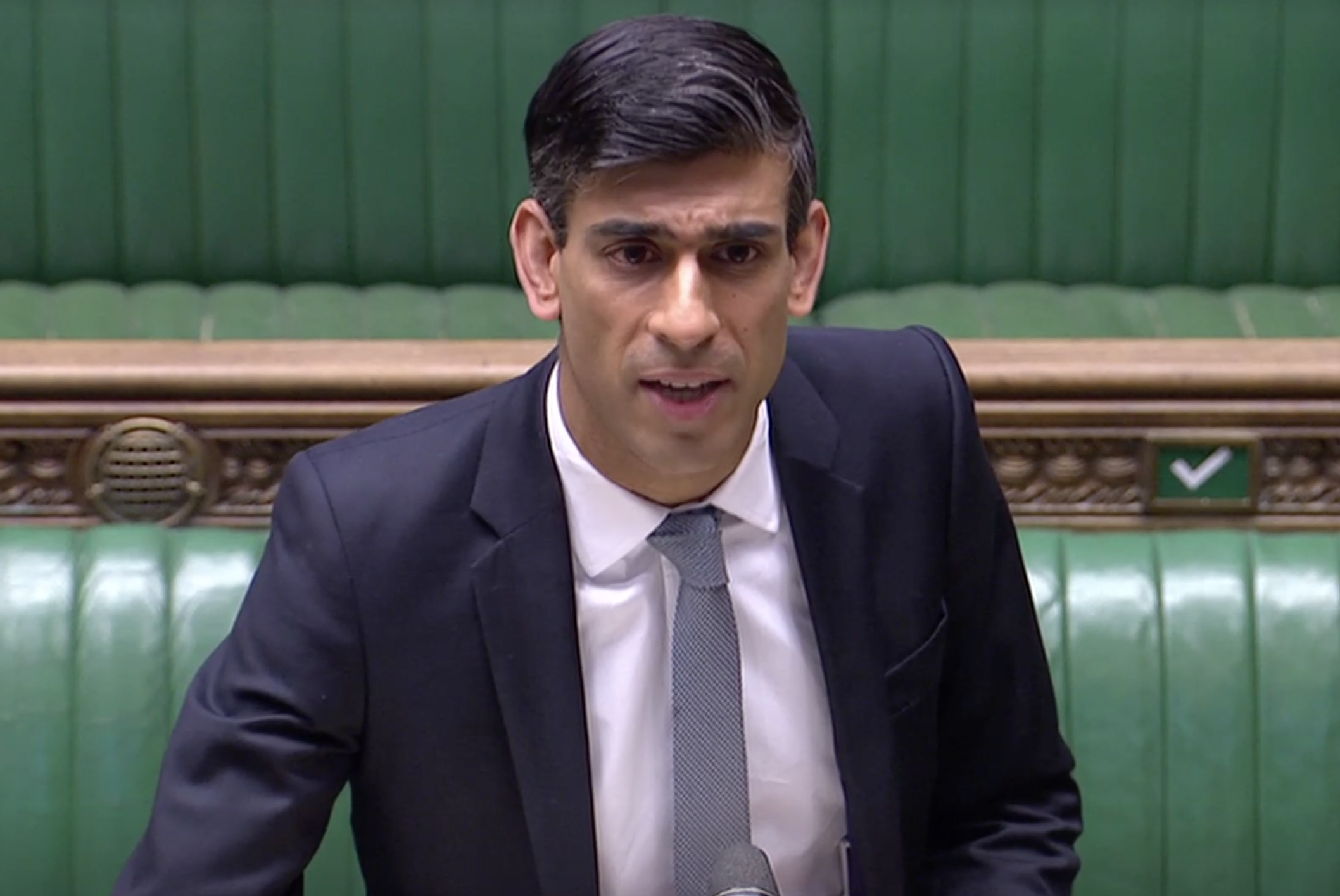The chancellor’s extension of the furlough scheme lets employers breathe a sigh of relief – for now
Editorial: Questions about the details still remain but there are far fewer than surround the lockdown ‘road map’, or the chaos of track and trace

Alone among his colleagues, Rishi Sunak, the chancellor, is displaying some sound judgement during this crisis. The announcement that the furlough scheme is to be extended until the end of October represents enormous reassurance to workers and employers alike. Close to a million businesses and 8 million staff owe their economic survival to the scheme. It, along with the wider suite of economic support measures from government and the Bank of England, is one of the few areas where the British government’s response has been anything like “world leading”, in the chancellor’s words. So far, the government is doing what it needs to prevent a pandemic mutating into a slump.
The basics of the renewal of the scheme were laid out with great clarity. Employees on the scheme will, if things go to plan, be able to count on eight-tenths of their wages (up to a cap of £2,500 per month) for the likely remainder of the current stage of the emergency, until 1 November.
Despite some unhelpful rumours about the scheme being swiftly curtailed, there will be no “cliff edge”. Wherever the briefings about ministers being anxious to get the country “weaned off” its “addiction” to the job-retention scheme were coming from, such insulting and alarming language was rejected by Mr Sunak.
It is true that his statement was made at this point only thanks to a Commons urgent question tabled by the opposition, and there was some confusion about who would be sent along to the chamber to respond, but in the end, the chancellor gave the moment the status it deserved and said the right things in the right order. If other cabinet ministers were so straightforward, the government might not be suffering such a crisis in its communications strategy. The new shadow chancellor, Anneliese Dodds, couldn’t object to much in the chancellor’s statement and was wise not to try. She resisted the reflex action of her predecessor, for whom the answer to everything was always “more!”.
Of course questions remain, though still far fewer than surround the lockdown “road map” or the chaos of track and trace, say. If employers are to be asked to take an increasing share of the cost of the scheme from August, around 20 per cent of the wage bill, then how will these struggling businesses be able to afford that?
If an increased contribution towards the pay of furloughed workers is demanded by the Treasury, will that lead to lay-offs and mass unemployment? Will “greater flexibility” after July mean workers being placed on part-time work, but proportionately even lower wages? And what if the furlough scheme has to be extended once again, if there is a second wave of Covid-19 and another forced lockdown as winter approaches?
One trap the chancellor does seem to have avoided is supporting the prolonged lockdowns in Scotland, Wales and Northern Ireland. In extending it for as long as he plans, there should be no risk that the devolved administrations will run out of money to support their economies. Politically, that is crucial to the survival of the increasingly fractured United Kingdom’s constituent parts.
For the time being, the UK government is (relatively) fortunate in being able to borrow cheap and over a very long time frame. Investors seem content with the mixed prospects for the economy, though the long-run impact of a hard Brexit will test their nerves as much as anyone’s. And of course the question will eventually arise as to how the public finances will be repaired, over time. That will prove an even longer haul than getting through the coronavirus crisis.
Join our commenting forum
Join thought-provoking conversations, follow other Independent readers and see their replies
Comments